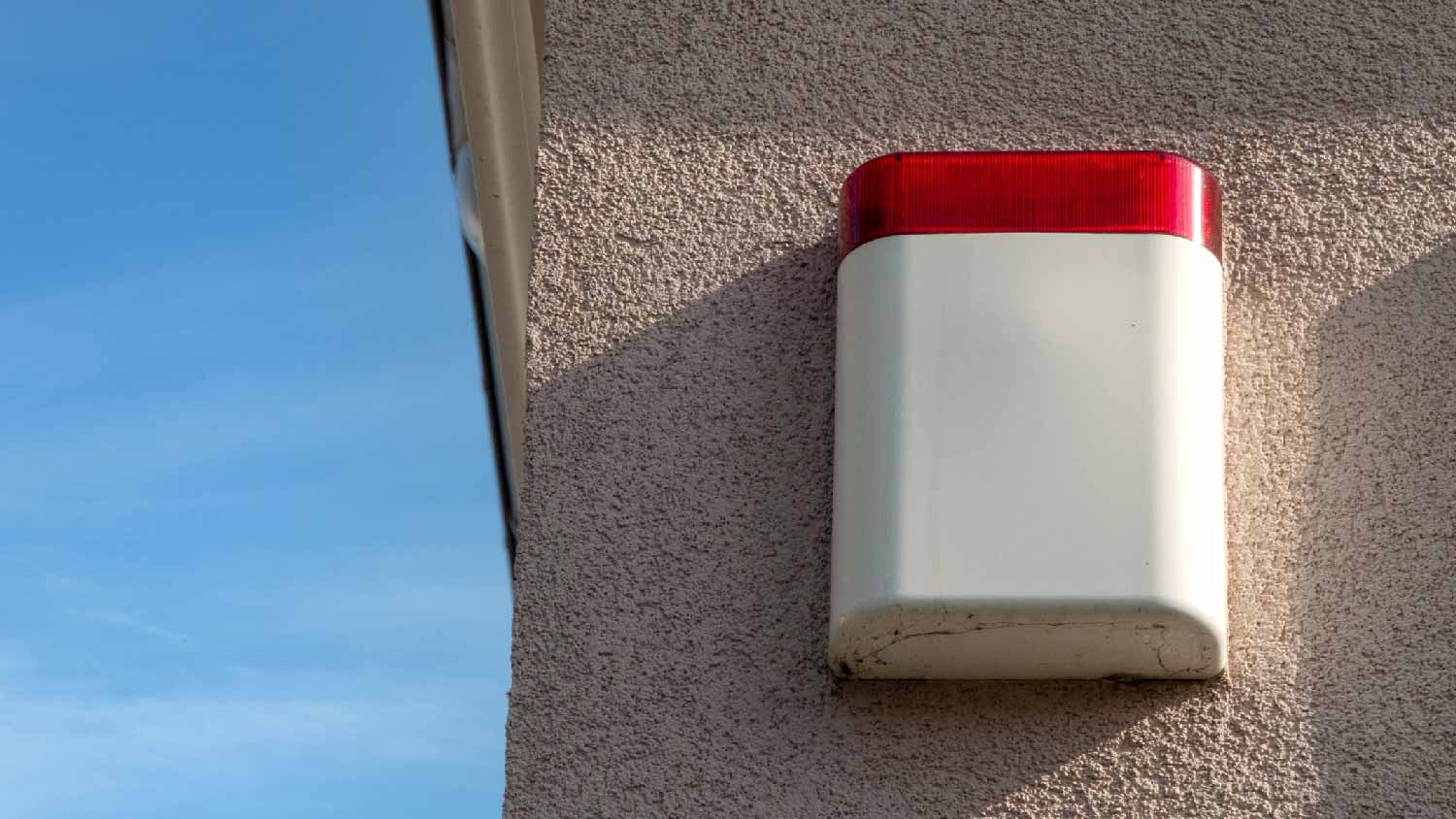
Installing a dedicated line in your home or garage is fairly straightforward, but may have a wide range of cost-affecting factors, like materials, labor, and necessary permits.
Don’t be shocked by the results of your electrical project
.jpg)
.jpg)
Don’t DIY rewiring a house, adding new breakers, upgrading your electrical service, or running outdoor cables.
Any significant change to electrical wiring will require a permit and likely an electrical inspection from a professional electrician.
Wiring must meet strict codes so that it doesn't become a fire or shock hazard, so large projects should be handled by a trained electrician.
Minor electrical projects that involve few changes to the wiring can be DIYable if you know what you’re doing and can meet local code.
Do you have your eye on a new fixture, a bit of wiring work, or an electrical upgrade? If so, you may consider whether you can do your own home electrical wiring.
However, most significant wiring changes involve serious safety hazards, not to mention must adhere to National Electrical Code (NEC) requirements. That’s why it’s best to hire a professional electrician for home wiring changes or additions. Let’s go over the requirements and differences between home wiring tasks.
Modifying or expanding your home’s electrical system can be extremely hazardous, posing risks of electrical shock or fire. To ensure safety and compliance with regulations, it is crucial to hire a licensed professional for any electrical work.
Laws vary by state, but it’s often not legal for inexperienced homeowners to complete significant electrical work without first meeting several requirements. Here are some of the legal requirements of home electrical work:
You’ll need to be the legal owner of the house to complete electrical work, and may have to prove it with a deed search.
You will need to get an electrical permit for the work. While permits may not be required for very small electrical projects, they’re necessary for projects involving changes to your electrical wiring.
The state may require you to get a temporary electrical license. This license involves taking an exam to ensure you understand residential building codes and electrical wiring.
For significant electrical wiring work, you’ll also need to arrange for an electrical inspection.

You should hire a local electrician to tackle complex electrical wiring projects. When planning for electrical projects, contact an electrician and schedule an estimate to discuss the details of the home wiring work.
Upgrading the electrical service in your home requires replacing its electrical panel with a more modern version with higher amperage. This is not a DIY task—you must hire a local electrician to complete the installation due to the complex and hazardous nature of this task.
Rewiring refers to pulling out the existing wiring and replacing it with new wiring to fix a problem or properly match the electrical requirements of your receptacles, breakers, or appliances. Electricians must complete this task to meet the strict electrical codes for residential wiring. Plus, they have the tools and experience to do it with minimal impact to your house.
If you’re adding a room or wired building or finishing an attic or basement, call in an electrician to manage the wiring work. Similar to rewiring, electricians can ensure the new wiring meets the necessary codes and won’t overload your system. Electrical pros can also install a subpanel, add a new circuit to your existing electrical panel, or other steps that are beyond the reach of a DIYer.
A transfer switch can switch circuits or the entire home system over to an alternate source of power, like a backup generator. Like most wiring projects involving your electrical service panel, you should leave this job to the experts with the right training.
Even if you know the type of cable you need to connect to a hot tub, water feature, or shed lighting, it’s best to hire an electrician for this task. They are well-versed in how to protect the cable safely for outdoor use while meeting local electrical codes.
An Angi survey found that pros don’t recommend homeowners attempt their own electrical work, HVAC installation, roofing repairs, plumbing work, or other tasks that require specialized knowledge. In these situations, hiring a pro can prevent costly or dangerous mistakes.
Adding an outlet or new light socket can be a DIY project if you have some previous wiring experience. However, if you want to add multiple outlets or sockets throughout the house, it’s much easier to hire an electrician to handle the whole project for you.
Any signs of burning or melting could indicate damaged wiring and past electrical shorts. That’s dangerous territory, requiring both careful inspection and adherence to safety measures. Contact an electrician to figure out exactly what went wrong and how to fix it.
From average costs to expert advice, get all the answers you need to get your job done.

Installing a dedicated line in your home or garage is fairly straightforward, but may have a wide range of cost-affecting factors, like materials, labor, and necessary permits.

Rewiring a house can be a complex project but don’t let it catch you off guard. Read this to plan ahead and discover the cost to rewire a house.

Old or worn electrical wires can interrupt the electrical supply to your home. Find out the cost to replace the wire from the meter to the breaker box.

There are a few signs to look out for if you think you might be experiencing an issue with your electric system. Here are some common warning signs for electrical problems, plus what issues you can tackle yourself and when you should call a pro.

Removing an alarm system may require the assistance of a professional electrician. Find out the average cost to remove old house alarms.

If you want a secure, reliable, high-speed internet connection, a hard-wired solution might be for you. Here’s how to wire your house for ethernet.